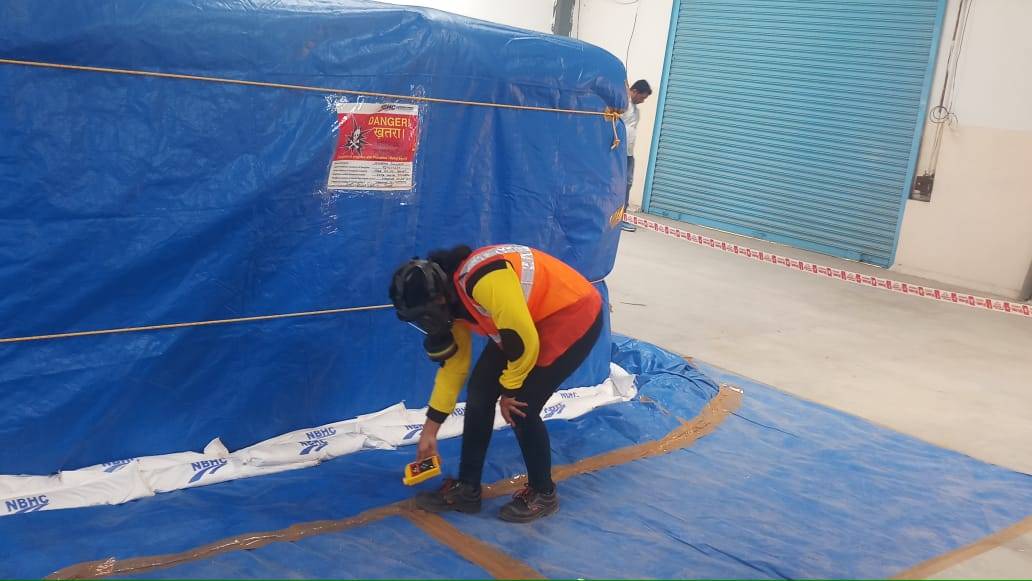
National Bulk Handling Corporation (NBHC), a warehousing service provider, has stated that fumigation services, which are an essential part of the scientific storage of agricultural products such as wheat and rice, should be exempt from the levy of good and services tax (GST).
The GST Council recently announced that the exemption for fumigation of agricultural products in warehouses will be phased out beginning July 18.
According to Ramesh Doraiswami, MD & CEO of NBHC, fumigation services, which are a key scientific component of agri produce storage, have been singled out for GST levy, resulting in a "cost burden on the Agri value chain." It could also result in lower farmer profits or higher consumer prices, he said in a statement.
Fumigation is a curative treatment and the only practical way to kill internal insects or insects living deep within the grain mass in most importing countries. The global demand for improved food safety standards has imposed the requirement for good and quality food products. "In tropical countries like India, where climatic conditions are favourable for infestation of stored grain pests, fumigation plays a more important role in controlling and managing infestation." "This fumigation process is a mandatory quarantine requirement," Doraiswami explained.
Unscientific storage accounts for approximately 10% of total post-harvest losses in India. The annual storage losses are estimated to be 14 million tonnes, amounting to approximately 7,000 crore, with stored grain insect pests alone accounting for 1,300 crore, according to the NBHC CEO.
"Because fumigation and prophylactic treatment are an essential part of scientific storage, these services must be performed with precision, as even minor quality damage caused by insects can result in a complete loss of commercial value of food grains." Furthermore, there is a possibility that this additional levy will result in fumigation services being performed in an unorganized manner by untrained operators, posing safety risks to the operator and harming public safety," he said.
Furthermore, given the low cost of fumigation, the GST levy has a negligible revenue impact on the exchequer when weighed against the negative impact on grain quality and farm income.
"In light of the foregoing, we strongly urge the Ministry of Agriculture, Warehouse Department Regulatory Authority, GST Council, and Central Board of Indirect Taxes to reconsider the decision by rolling back the proposed withdrawal of GST exemption on fumigation services of agri produce in warehouses," Doraiswami added.
















